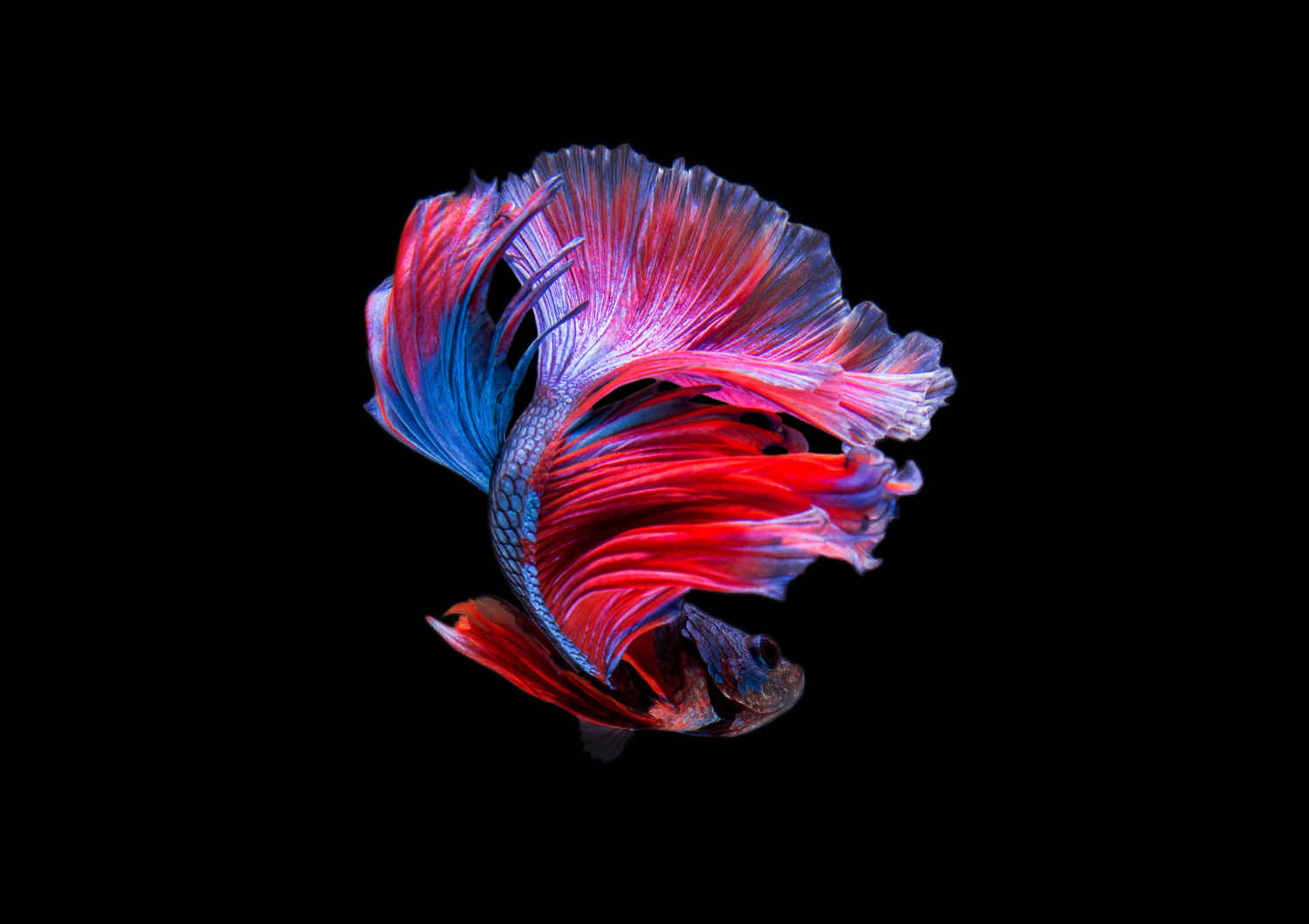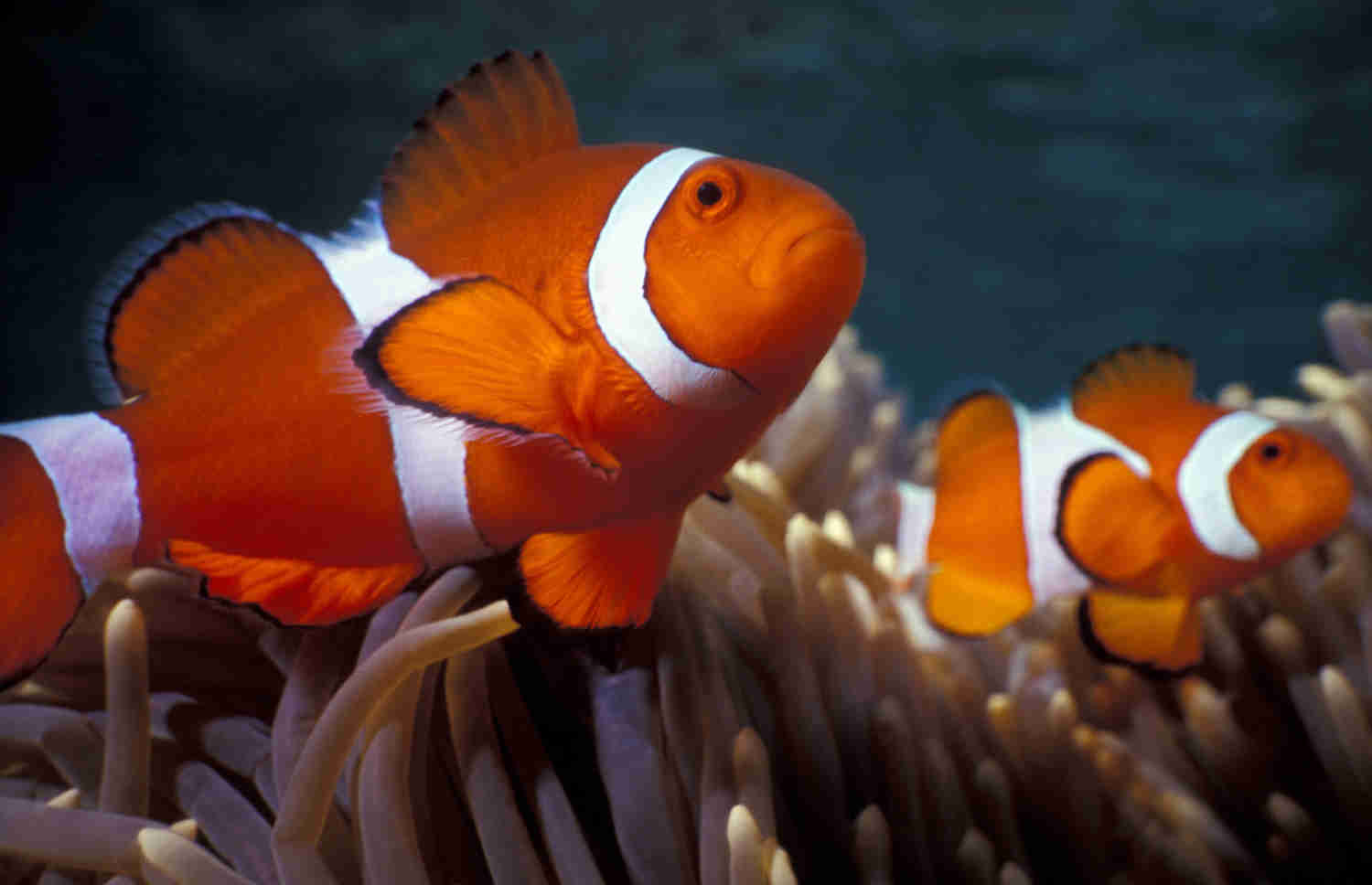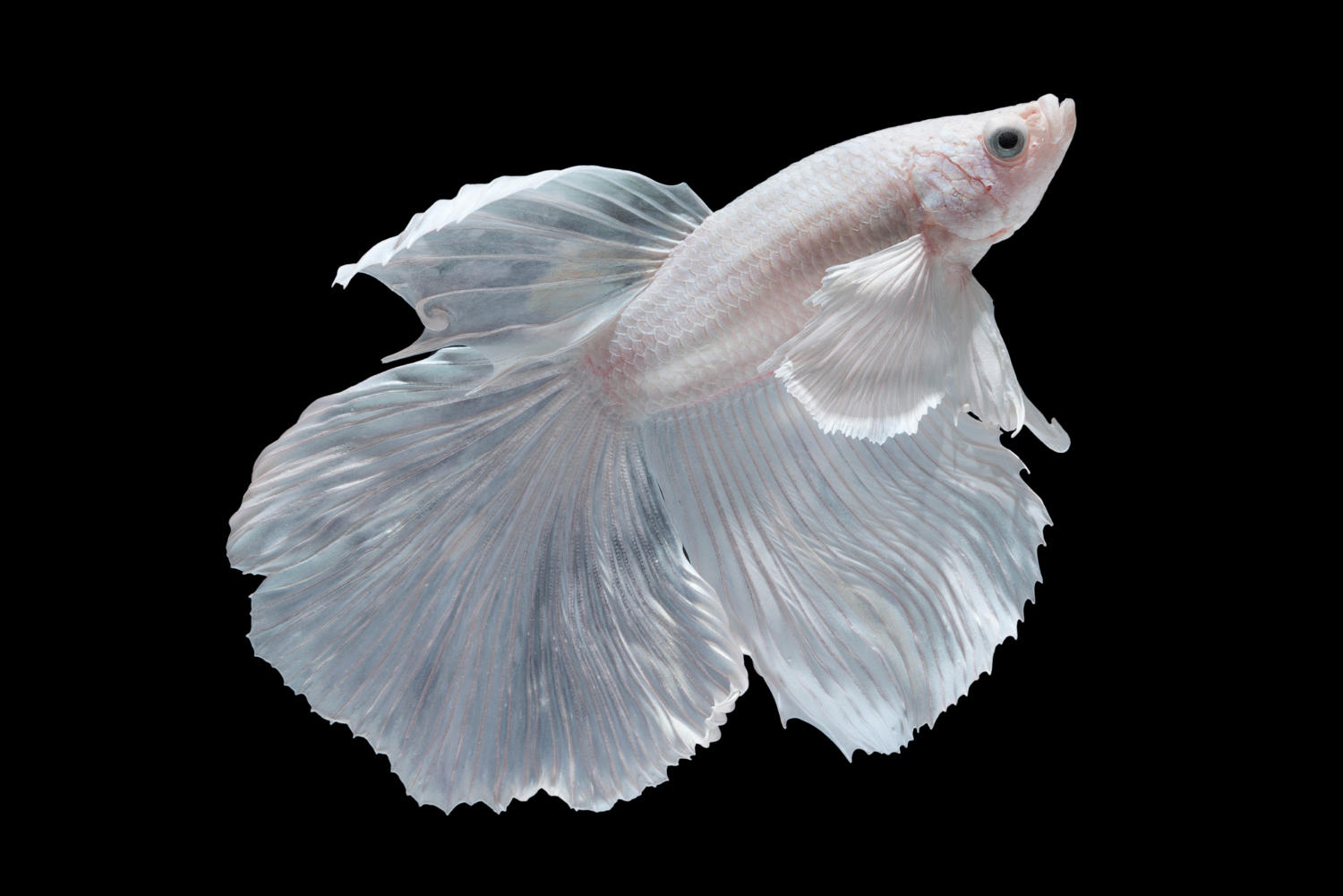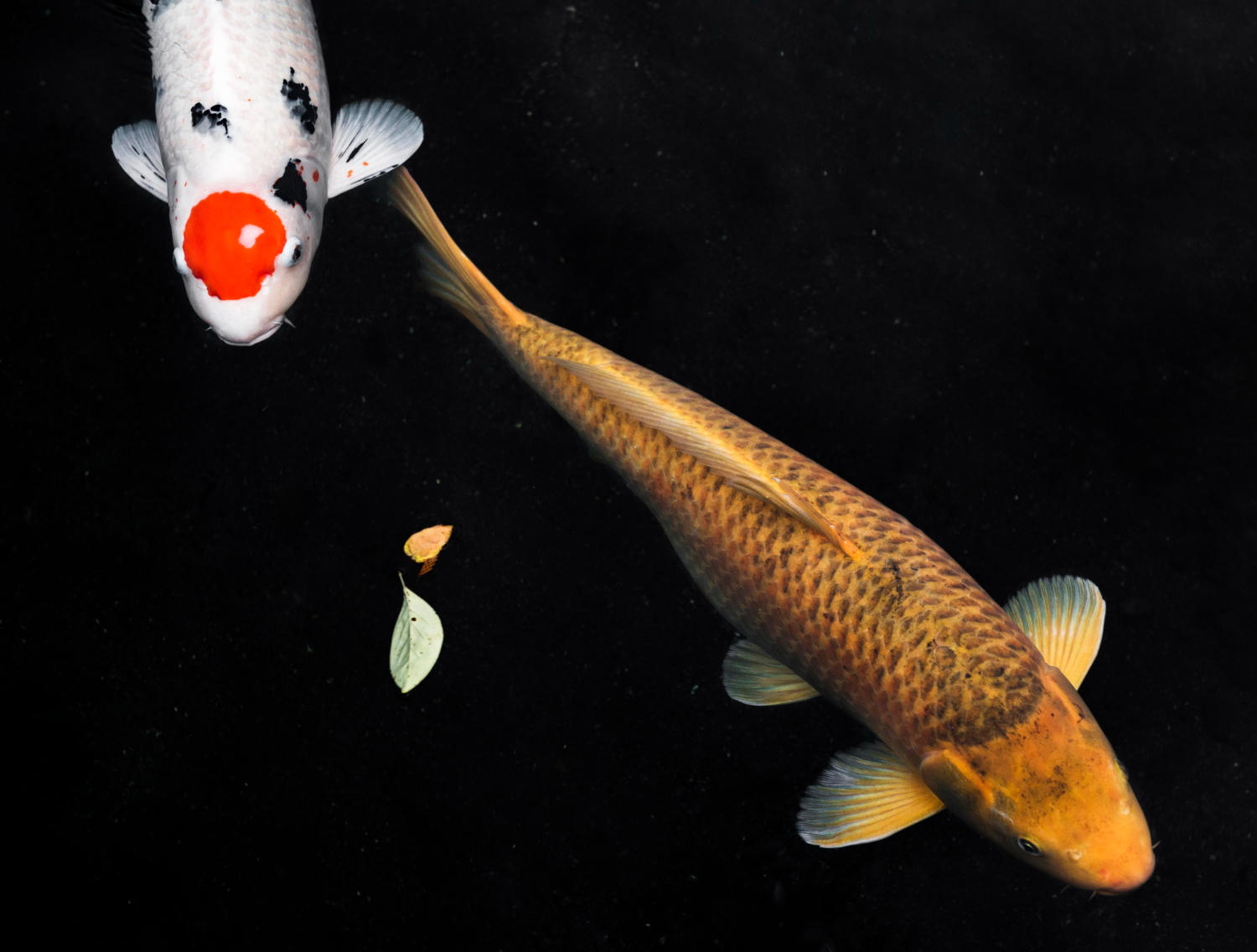Going on vacation is an exciting and much-needed break from the daily routine, but what about your fish? It can be difficult to leave your aquatic pets behind, especially when it comes to their feeding schedule. While it’s tempting to overfeed them before you leave, it can lead to health problems and even death. On the other hand, underfeeding them can also have detrimental effects. So, what should you do? This blog post will provide you with some vacation feeding tips for your fish to ensure they stay healthy and happy while you’re away.
Going on vacation is always exciting, but for fish owners, it can also be a stressful time. Who will take care of your fish while you’re away, and how will they be fed? Fortunately, there are a few things you can do to ensure your fish are well-fed and healthy while you’re away. In this post, we’ll be sharing some vacation feeding tips for your fish.
- Plan Ahead
The first step in ensuring your fish are well-fed while you’re away is to plan ahead. Start by finding someone you trust to take care of your fish while you’re gone. This could be a friend, family member, or a professional pet sitter. Make sure they understand your fish’s feeding schedule and any special dietary needs. -
Invest in an Automatic Feeder
An automatic feeder is a great investment for fish owners who frequently travel. These feeders dispense food at predetermined intervals, ensuring your fish are fed on schedule even when you’re not there. They’re available in a variety of sizes and styles to accommodate different types of fish and feeding schedules.
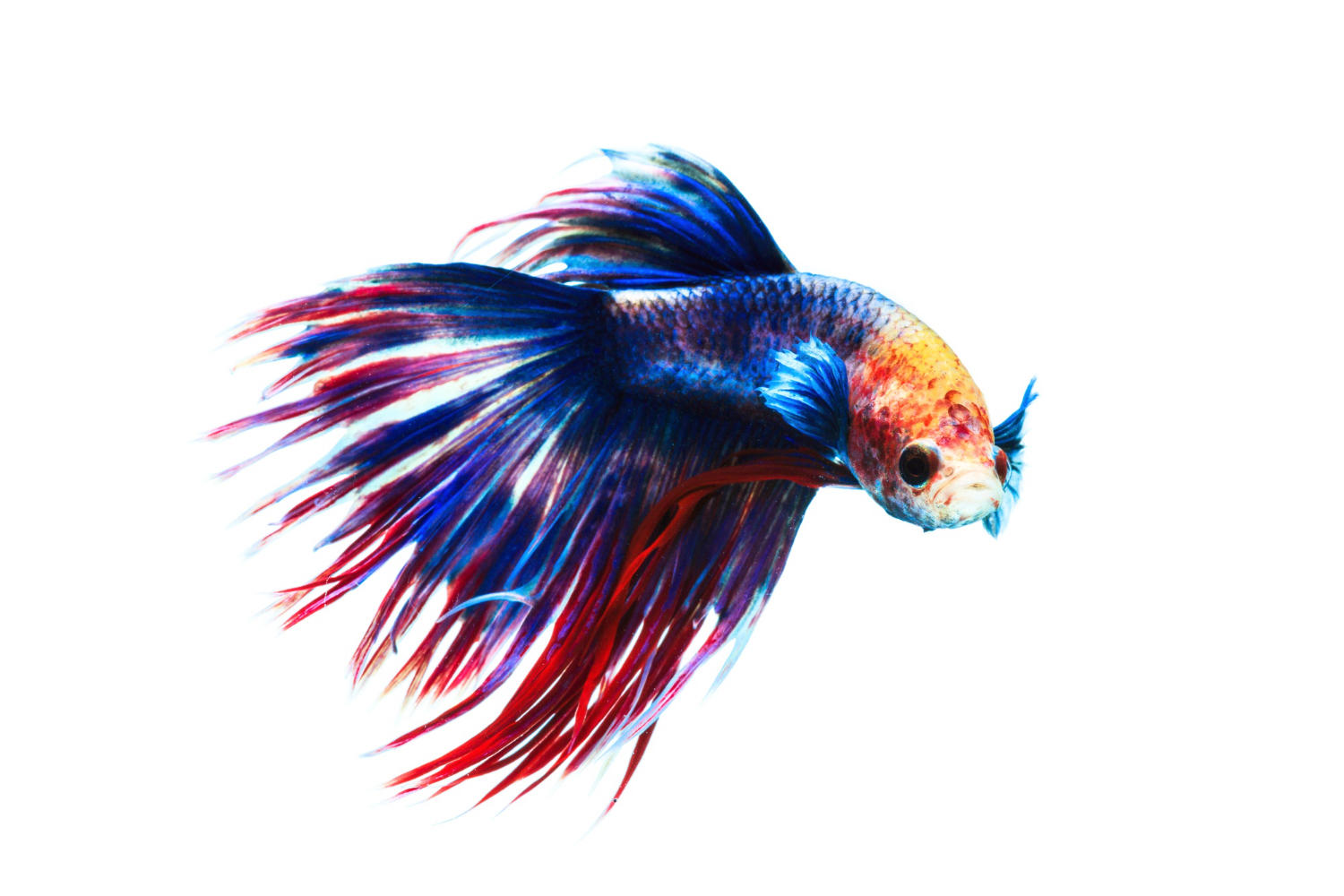
- Choose the Right Food
When it comes to feeding your fish while you’re away, it’s important to choose the right food. Depending on the type of fish you have, you may need to provide a specific type of food. For example, herbivorous fish need plant-based foods, while carnivorous fish require a protein-rich diet. Be sure to discuss your fish’s dietary needs with your pet sitter or choose an automatic feeder that dispenses the appropriate food. -
Avoid Overfeeding
One common mistake fish owners make when going on vacation is overfeeding their fish before they leave. While it may seem like a good idea to give your fish extra food to last them while you’re away, overfeeding can actually harm your fish. Uneaten food can quickly pollute the water in the tank, leading to poor water quality and potentially harmful conditions for your fish. -
Monitor Water Quality
Even with the best planning and feeding, it’s important to monitor your fish’s water quality while you’re away. Poor water quality can lead to a variety of health problems for your fish, including stress, disease, and even death. Make sure your pet sitter or automatic feeder is also monitoring the water quality and performing regular water changes as needed.
In conclusion, with a little bit of planning and the right tools, it’s possible to ensure your fish are well-fed and healthy while you’re away on vacation. By finding a trusted pet sitter, investing in an automatic feeder, choosing the right food, avoiding overfeeding, and monitoring water quality, you can enjoy your vacation with peace of mind knowing your fish are in good hands.
In conclusion, going on vacation should not be a cause for worry for fish owners. With proper planning, you can ensure that your fish will be well-fed and healthy while you are away. Remember to choose the right food, set up an automatic feeder, and ask a trusted friend or neighbor to check on your fish tank regularly. By following the tips outlined in this guide, you can rest assured that your fish will be waiting for you, happy and healthy, when you return from your trip. Happy vacationing!
Please follow us on Social Media


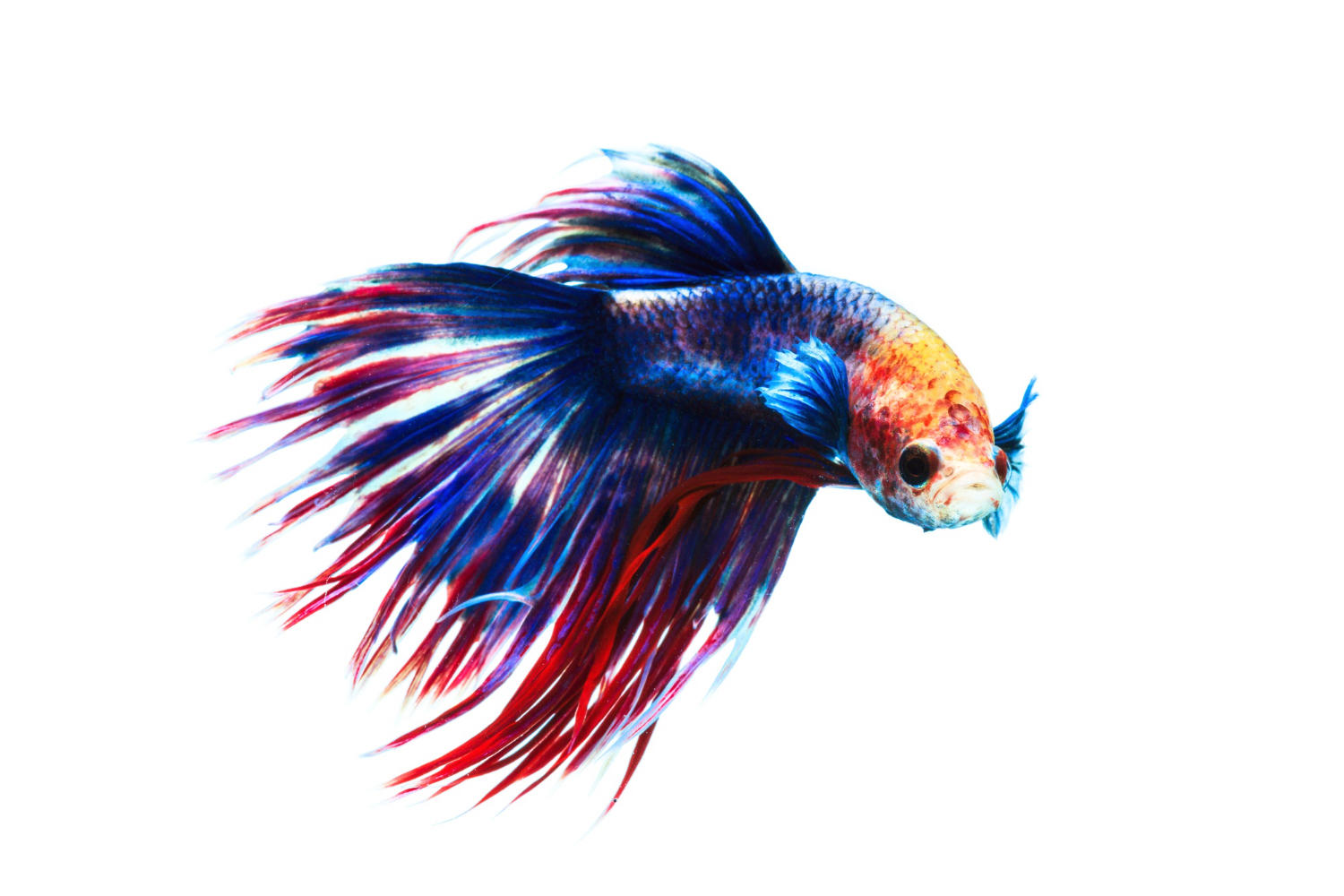
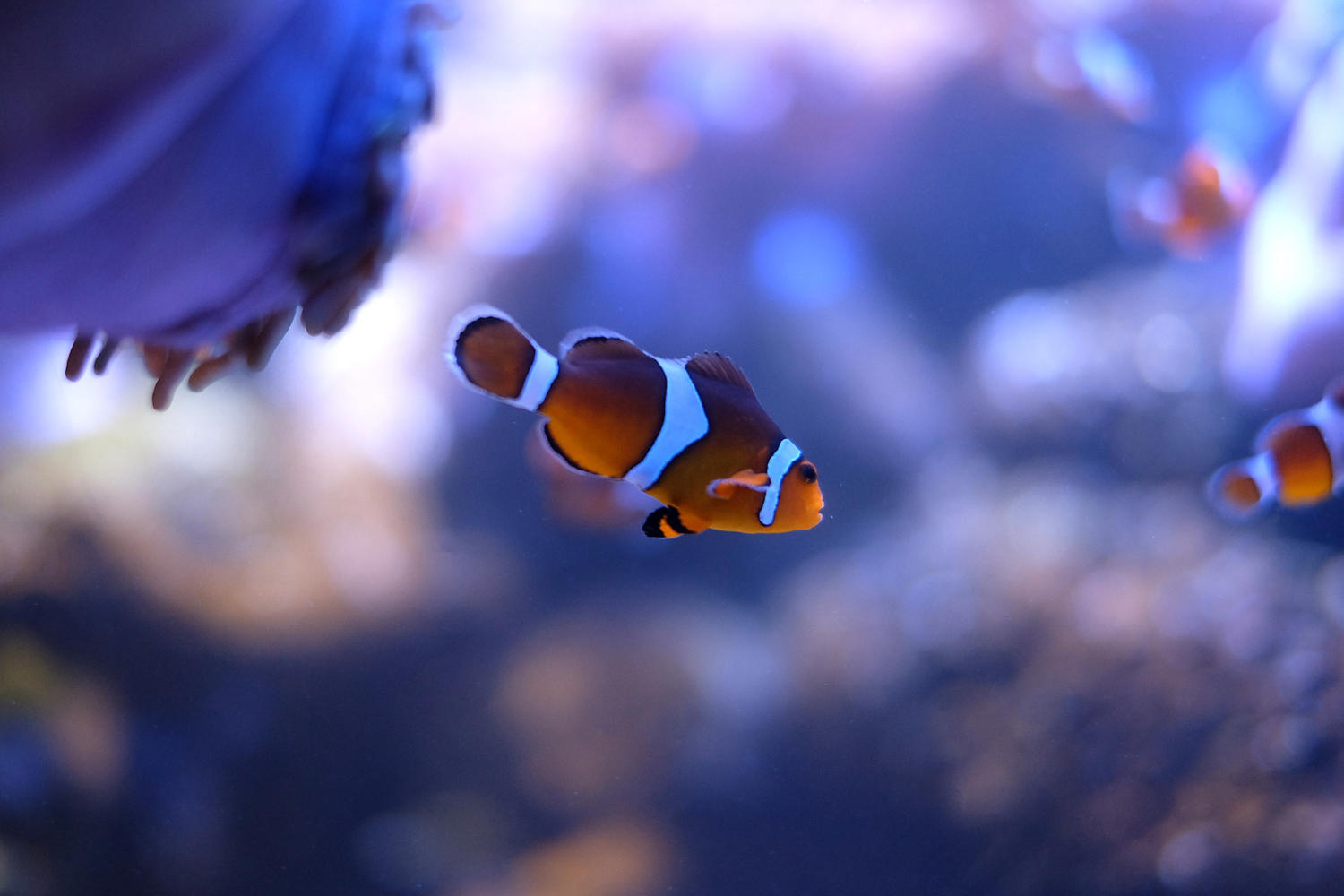
.jpg)
